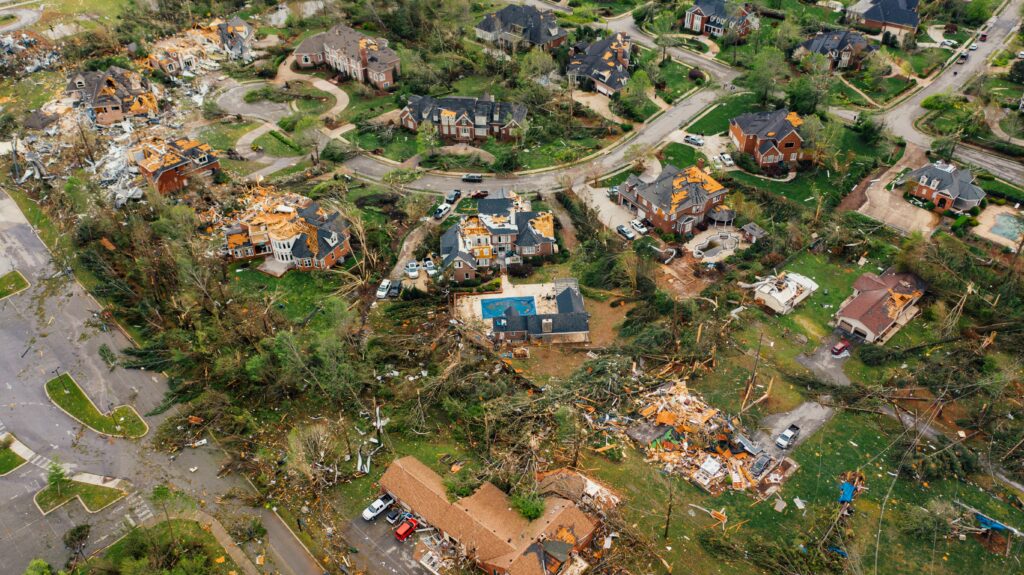
November 12 marks the 50th anniversary of the deadliest weather event on modern record: Cyclone Bhola, that made landfall over Bangladesh, coinciding with a lunar high tide and the subsequent storm surge killed more than 300,000 people.
In the following 50 years since Cyclone Bhola, the accuracy of weather forecasts has improved dramatically, in fact today’s five-day cyclone forecast is as good as a three-day forecast was 20 years ago, but the way of communicating their risks and impacts is lagging behind. For this reason, the World Meteorological Organization (WMO) is working with its member countries to change that by moving from communicating what the weather will be, to what the weather will do.
The premise of impact-based forecasting is that a well communicated warning will enable people to make decisions and take actions to reduce their exposure to life-threatening risks. But while such warnings may be more effective in increasing awareness of potential impacts, this does not necessarily translate to more action, as preparedness is also an essential part of the equation. So, Impact-based forecasting will only be effective if it helps at-risk communities to take action ahead of these impacts.
The 2020 State of Climate Services report, published by the WMO and 15 other agencies, suggests impact-based forecasting could be a game-changer for small island nations in the Pacific and Caribbean regions. In fact, almost 90% of small island developing nations have identified early-warning systems as a top priority in their pledges under the Paris climate agreement. These pledges, known as nationally determined contributions, or NDCs, describe efforts by each country to reduce national emissions and adapt to the impacts of climate change.
While the knowledge of cyclone risk is high in small island developing states, their capacity to communicate impacts and disseminate warnings is lower than the global average. The move towards impact-based forecasting should improve the way different agencies can work together to protect vulnerable communities.
For further information visit: https://theconversation.com/new-cyclone-forecasts-why-impacts-should-be-the-focus-of-hazardous-weather-warnings-149358

